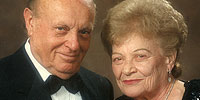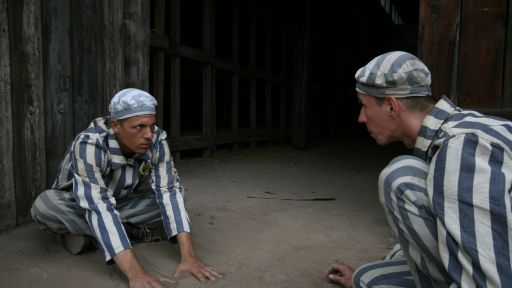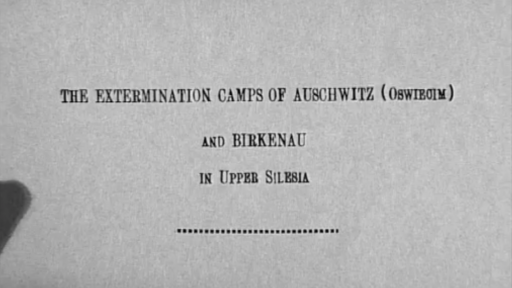“The story reveals the meaning of what otherwise would remain an unbearable sequence of sheer happenings.”
—Hannah Arendt, Men in Dark Times
As a child of two Holocaust survivors, Leonna Wreschner realized at early age that her family was different. “My friends would ask my mom why she had numbers on her arm and she would say ‘I keep on forgetting my phone number.'” But Leonna knew that it wasn’t a telephone number on her mother’s arm. “When your mom is screaming in her sleep, and you have no grandparents — that needs explaining,” she said.

Chaim and Rachel Weiser
Leonna’s mother, Rachel Fastman, born in Austria in 1926, survived the Nazi death camp at Auschwitz. Her mother, who died in 2000, at the age of 74, never spoke about her experiences as a teenager during the Holocaust. “She didn’t talk about it; she didn’t want us to know about it,” Leonna said. It was only through her father, Chaim Weiser that she learned about her parents’ experience. Chaim managed to survive death marches from one concentration camp to another, including Bergen-Belsen in Germany, Mauthausen in Austria and Plaszow in Poland.
On January 28, 2008, Leonna’s father died at the age of 91. This awakened old wounds for Leonna, but she spoke about the memories she had stored up over the years in order to honor her parents and the millions of Jewish people savagely murdered by the Nazi’s only sixty years ago. To keep her parents’ memory alive, her three children are donating a 2nd generation Torah scroll to Temple Agudath Israel in Caldwell, New Jersey. Leonna explains that, “My children will never forget what happened because to them it is not just a story. It’s an obligation.”
There is a sense of urgency to reach the minds of young people and collect the first-hand accounts from Holocaust survivors because their generation is dying. When Director Steven Spielberg started the Shoah Foundation in 1994, an outgrowth of the Academy Award-winning film “Schindler’s List,” he began collecting never-before-seen testimonies from actual Holocaust survivors as a permanent record and a source for teaching students. Spielberg spoke to Mr. Weiser, who agreed to provide a full account of his survival. Over the course of five difficult days, Chaim wrote down everything he could remember about the death camps, but when it came to the final night– he became so distraught that he ripped everything up, and threw it out.
While Chaim’s account did not make it to the foundation’s archive of more than 50,000 videotaped testimonies of survivors and other witnesses, Leonna says she will never forget how much her father embraced life and how optimistic he was.
Leonna recognizes that in a short while there will be no living witnesses to the Holocaust, as the last generation of survivors from the horrors of the 1940s will soon be gone. Many children and family of survivors like Leonna, are consumed by the need to preserve these accounts, so that these people are never forgotten. It is also imperative, for Leonna that the world learns from this experience, so that there is an end to genocide, ethnic cleansing and the politics of mass murder.
Leonna keeps the incredible story of survival by her mother and father alive by telling their stories.
How did your father end up in the concentration camp?
Leonna Wreschner: He was with his brother waiting inline for bread and there was a woman waiting with her children in front of them. An SS officer pulled the woman off the line and his brother knocked out the officer. They both had to run away. An orthodox Jew ended up turning them in, which is why he lost his respect for Orthodox Jews. They were in the camps together the whole time. Three weeks before liberation, his brother was beaten to death.
How did your mother end up in Auschwitz? What do you know of her experience in the concentration camp?
LW: I don’t know the circumstances of my mother being sent to Auschwitz, as she never told me. She never talked about the concentration camps because she didn’t want to give us nightmares. I know she was always a fighter. I know she knew how to use a gun. It was running joke – she never raised her voice, but you didn’t “mess” with my mother.
My mother was very young, 12 or 13 years old, when her parents were shot in front of her at Auschwitz. I only know about this through my dad – my mother was in Auschwitz, and her two older brothers lived underground. There was a doctor in the camp who liked my mother. Since my mother weighed so little the doctor was able to hide my mother, like a coat, on the back of the doors, so that the Nazi doctors who came looking for children for their monstrous experiments, did not find her.
This doctor saved her life a second time. In the barracks, she got extremely ill. The doctor saw her lying on a piece of wood that was used as a bed. She was at the end of the room. When the doctor saw her lying there, she told my mother to stay put and to be quiet, and she sent her medicine.
What were the conditions like in the camps?
LW: There were just boards of wood in the barracks and holes for bathrooms – if you were lucky you had a blade of grass. I know the Nazis shaved my mother’s head, and maybe left her a blade of hair. She wore those old wooden shoes. My mother’s toes were frostbitten – that’s why they were dropping like flies. When my father started telling us about the camps, my mother would tell him to leave us alone. She would say, “They don’t need to know.” The stories were horrific.
How did your parents’ stories make you feel?
LW: I could not sleep those nights. Their stories gave me terrible nightmares. It was not a story, or even a history – it was real.
What has their experience taught you about human nature?
LW: Everyone is capable of terrible things, and good things. If you look deeply enough you can see in peoples’ souls. You just have to know how to look.
How did your father survive the concentration camps?
LW: He was in the camp the entire time – left for dead. When the American soldiers were coming through the camps my father must have mumbled something in Yiddish, and they realized he wasn’t dead, and took him to the paramedics. One of the soldiers must have understood a little Yiddish. When he left the hospital he was treated like a pariah. He was just sitting on the corner of the street– no one would come near him. But, a Danish man brought my father a suit of clothing, so he could get out of the striped uniform. It was a terrible situation.
How did your father deal with the aftermath of the war?
LW: After the war my father hitchhiked, and went from one town to another looking for his family and friends. He got involved in the black market– dealing diamonds– and made a lot of money. He ended up back in Germany, but his whole family was dead, except for my aunt who found her way to Israel. Back in Germany, he slowly built himself up a textile business – that’s how he got started. He was a smart businessman before the war, and he was a smart businessman after the war. One little Jew – he came to America and built himself up. He made me very proud.
How did your parents meet each other?
LW: My parents met after the war [World War II] in Germany. My father wanted to move to Venezuela, and live in the rain forest with the animals – to escape from people because of the evil he had seen. He didn’t intend to stay in Germany, but that changed when he met my mom. They were similar people, both with a strong moral fiber, both having survived a horrific experience when the chances of survival were extremely slim. What was marvelous, was that they married out of true love- not simply because they were lonely or because of their shared history. Even after all that they had been through they maintained the ability to love again and to start a family and make a life.
What was it like growing up as a child of Holocaust survivor?
LW: My mom didn’t want people to know we were Jewish. We never wore Jewish stars or spoke anything other than English.
My mother remained fearful her entire life that there would be new persecutions against the Jews in the United States. She was more afraid for me than for herself. One Christmas, my mother was so concerned about another Hitler coming to power, that she took me to St. Patrick’s Cathedral in New York, and explained to us that if –God forbid — there is another Hitler, we could convert so we aren’t murdered. She wanted to let us know that in order to save our lives, she gave her permission. She tried to make us feel better by explaining that it is what is in our hearts that is most important and that it is our business and no one else’s, and that she would understand. Even God would understand.
Did your parents blame the German people for the Holocaust?
LW: Even all that they did to him, my father said the Germans were nice people. He said of all the nationalities the Germans were not the worst – for reasons that he never explained, he was angriest with the Austrians and French. Hitler was Austrian. My father was always surprised by the conduct of the Germans.
How do you view Germany today?
LW: What they did can never be forgotten or excused. But they have tried to make amends. Germany has done much for Israel. What was– was. How long can you rub somebody’s nose in the past – however terrible? They [the Germans] have perfected the art of the apology. If they have learned from their past, we must let life go on.
Photo courtesy Leonna Wreschner.



